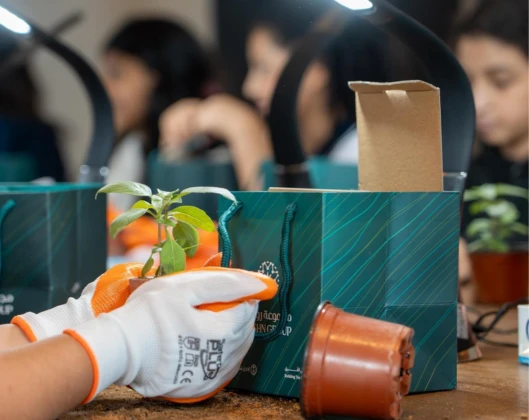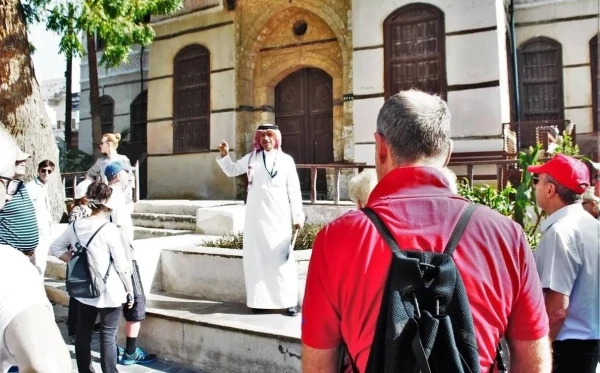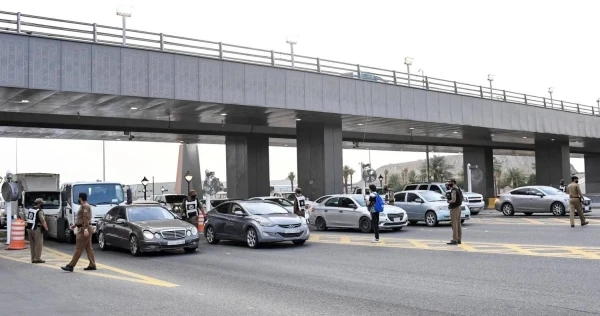Saudi Arabia has successfully completed the first robotic-assisted artificial heart implantation in history, marking a significant breakthrough in medical science. A major turning point in heart surgery was reached with this historic treatment performed at the King Faisal Specialist Hospital and Research Centre (KFSHRC) in Riyadh.
The Procedure
The HeartMate 3 LVAD (left ventricular assist device), which pumps blood from the heart's lower left chamber to the rest of the body, was implanted during the procedure to help patients with severe heart failure. Compared to conventional surgical techniques, this novel approach reduces invasiveness and improves precision by utilizing robotic assistance. Surgeons can operate more precisely thanks to the robotic device, which could shorten recovery times and enhance patient outcomes.
Significance of the Achievement
This achievement not only demonstrates Saudi Arabia's dedication to developing healthcare technology but also establishes the nation as a global leader in medical innovation. Prominent KFSHRC cardiac surgeon Dr. Majid Al Fadley took delight in the accomplishment, saying, "This procedure exemplifies our dedication to integrating cutting-edge technology into patient care and improving surgical outcomes."
It is anticipated that the successful insertion would open the door for additional developments in robotically aided surgery. Such advancements are essential for offering patients with severe cardiac problems viable treatment options, since heart disease continues to be one of the world's top causes of mortality.
Future Implications
This discovery has ramifications that go beyond Saudi Arabia. It creates new opportunities for worldwide robotic-assisted surgery research and development. In light of its potential advantages for people with comparable health issues, medical specialists from all across the world will probably be closely monitoring this procedure.
Additionally, this accomplishment is in line with Saudi Arabia's Vision 2030 plan, which seeks to improve healthcare services nationwide and diversify the country's economy. Saudi Arabia is enhancing its healthcare system and drawing attention and cooperation from other countries in medical research and innovation by investing in cutting-edge medical technologies.
Conclusion
At KFSHRC, the successful robotic-assisted artificial heart implantation marks a major advancement in cardiac surgery. Saudi Arabia is setting the standard for future developments that could revolutionize surgical procedures and patient care globally as it keeps investing in healthcare advancements. This accomplishment emphasizes how influential it is to use technology in medicine, which will ultimately improve patients' quality of life everywhere.








